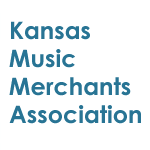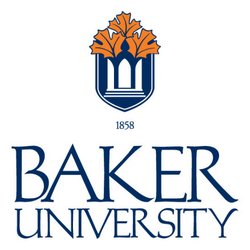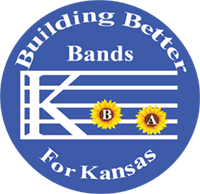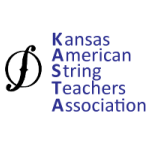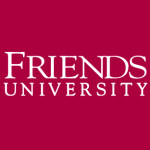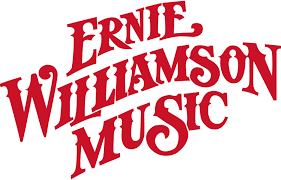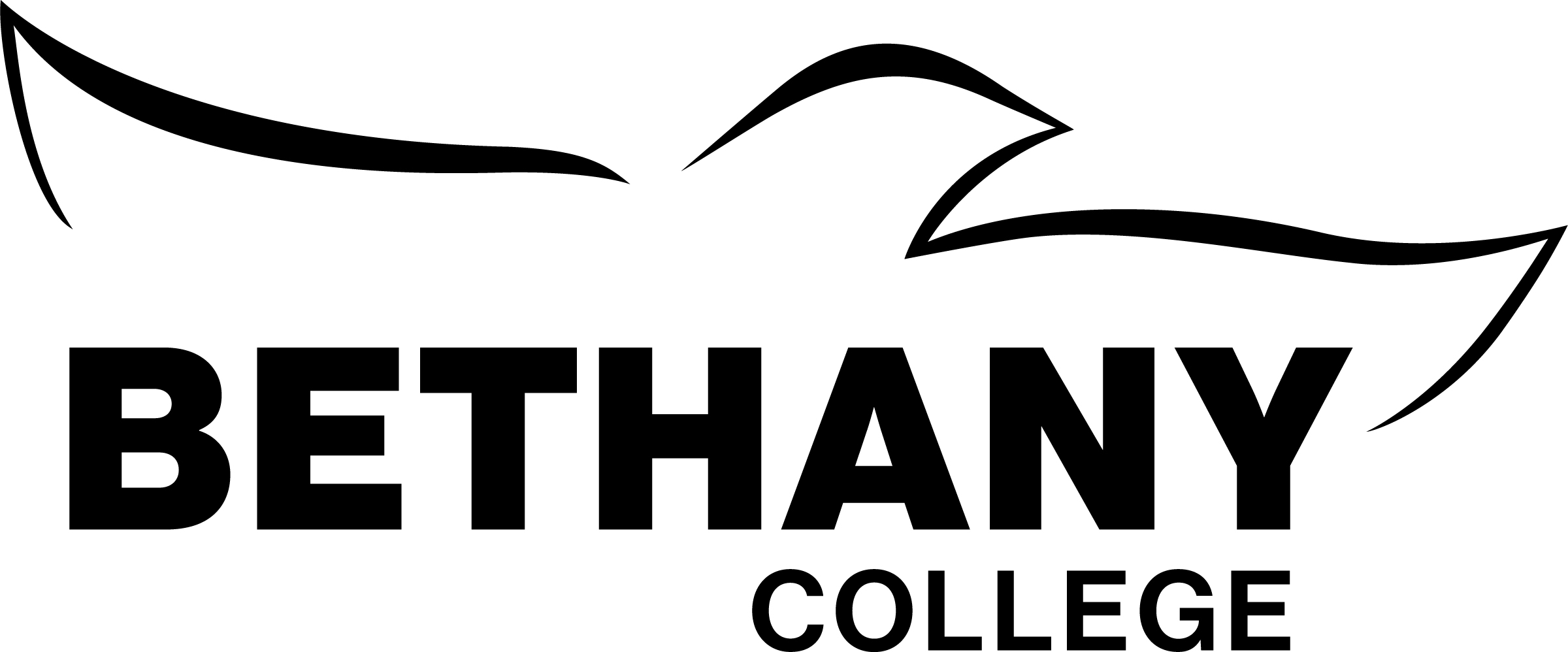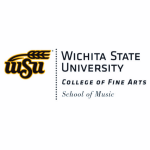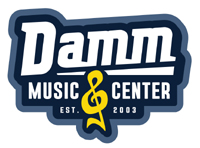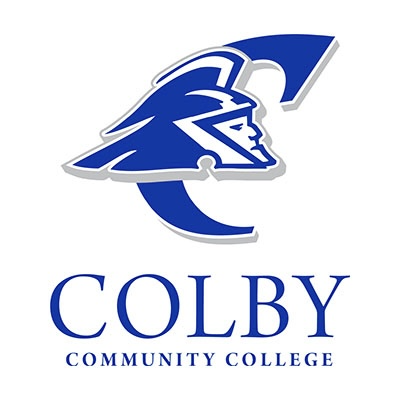Kelly Knedler, Advocacy and Government Relations Chairperson for KMEA
C-O-N-N-E-C-T! The world runs on connections, because humans need connections. Connecting with each other is tied to every aspect of our health and satisfaction. In music, “connections” between the performers with each other and to the audience makes a performance more musical and memorable. Humans are wired to connect. Music education can create life-long connections through our every-day classroom interactions and work. The power of music can be very bonding between classmates and also to our professors or teachers. Music endears the memories made on the stage and in the classroom; Sometimes for the rest of our lives. For instance, I received an out-of-the-blue text from a former music student the other day. It was from Cale, who is a 30-something-public-school-teacher-turned-college professor of Public Speaking, who now has his PhD. The text read, “Currently in New York, about an hour out from seeing the musical of the year! Always makes me think of you, hope you’re doing well!” He’s done this several times to me.
I met Cale when he was about 12 years old. He was performing in a variety show, which several of my students were performing in too. I had gone to see them, but ended up meeting Cale. A couple years later, as a home-schooled 8th-grade student, Cale came to visit the high school where I worked. He and his parents were talking with the principal of my public school about enrolling him in a music credit at the school, while continuing his home-school studies. Cale was a very smart and mature young man, but I thought he seemed a little young to join one of our high school choirs, because I thought the other high school kids would treat him like a little brother…And I wasn’t sure if that was going to be good or bad. But after some conversations and consideration, I decided…We can do this!
I’m glad I took the chance with Cale! He went on to enroll full-time at the public high school the next year and spent 4 years as a vocal music and theatre star at our 6-A high school. He had numerous leads in drama and our musicals, several perfect scores at Solo & Ensemble festivals and was a Kansas All-State Choir member all four years…He even auditioning for and receiving one of the coveted solos for an All-State Choir performance! To say the least, Cale was a very memorable student, who made many connections with fellow students and programs during high school and he was one of the nicest and most gracious kids I’ve ever had the pleasure to teach!
The text exchange ended with me saying “Have fun. I wish I was there to watch it with you!” Cale replied, “Same!!! Hopefully we can meet up one day soon!”
Now, Cale may not be the typical student you see in your classroom. You may even say, “I don’t have a Cale.” Ah! But it doesn’t have to be a “Cale” that you connect with this year, it could be any or even all of the students in your classroom. There have been many students who I’ve had the pleasure to teach and now have a lifelong connection with either in person or through social media.
It is simple…Students want to belong. They come to school trying to navigate the hallways and classroom experiences with a longing to connect to others and much of the time a program or two, to which they can then build their “school identity.” Music classrooms are the perfect place for belonging! We create comradery and thrive on teamwork. As you begin your year, make sure to create a classroom environment conducive for learning, but also for creating connections between your students. Help them have a classroom which flourishes on collaboration, not competitive notions, but still encourages them to take risks and be their best selves for 30-50 or more minutes a day. Listen to your students, because music will evoke emotion from time to time and your students may need to share what they are feeling. I had a student tell me about the death of his grandfather and how much he misses him, because we sang a song that reminded him of his grandfather. Be ready to take a few moments to compassionately listen to each student and have a quick meaningful talk with them.
Start the year by learning new student names quickly and find out what they love to do in their non-school time such as their activities, hobbies, and maybe their job. This will give you great connection points to your students. When you see them in a setting away from school, be the first to say, “Hi.” Present yourself as a person, not a school-dwelling-never-seen-in-public teacher (some of them think you actually live at the school). When your students see you are a respectful and caring person in public, it gives them another glance at how they view teachers. But likewise, be a good human in the classroom, who is kind, full of energy and can admit when you make a mistake. Show them you are human.
Give your students some autonomy when you can, such as when choosing some literature, or even a solo. Ask them about their “Why” for music and guide them toward music which fits them, not just a cookie-cutter song from a collection of solos. Create a music council with a president and officers for your classes. Give students the opportunity to make some decisions. You might allow some students to create choreography to one of your songs. Always insert yourself in each rehearsal for guidance, but give them the reigns to creativity. Use any moment to prime their creativity and give them credit for not only their achievements, but also when they have grown in the classroom. My colleague who is a 5-12 Band Director rewards her students with an exclusive T-Shirt when they have shown BIG growth on their instrument and classroom status through leadership, demeanor and demonstration of skills on their instrument. Create a tradition to which every student wishes to belong!
When your students feel a connection to the music, they bring their best selves to every moment in the classroom. Use a variety of musical literature. Find diverse literature from as many genres and styles as possible reflecting the timelessness and universality of music itself. As you present each piece, find time to talk about the story behind it during rehearsals. Connect the music you are making to history and why it is relevant to our growth and development. Connect it to a group of people, their reasons for its creation why we should perform it. Maybe you can find literature which connects on an emotional level. I always say to my students, “The more you know about something, the more you appreciate it!” Explore literature which brings the best! Maybe try taking a snapshot of the students in your classroom and tailor the music toward their experiences through culture, local history or the school atmosphere. Note: Definitely know your school songs — fight, alma mater, band and cheer chants…other?
Raise the bar every rehearsal by setting high expectations from the beginning of the year…Every year! Set goals because being organized fashions good advocacy for your program. Then, show your goals to your students. It will make a statement about your program and demonstrates to your students the sense of direction you have for them. I had a student a couple of years ago tell me in a frustrated voice, “Mr. Knedler, you are WAY too organized.” After a while, she was one of my most dedicated students and needless to say was becoming quite organized herself. Setting the bar high gives your students goals achievement marker to reach. When they achieve each goal together, they experience a sense of being, greater than themselves and know they are part of something purposeful. Memories and connections are created when students achieve these goals! This will strengthen your ensembles as well as your program as a whole.
After each performance and sometimes after an important rehearsal, help your students reflect on their growth and accomplishments. Spend time discussing what was learned, accomplished or what makes them proud of their performance. Take some time to journal with your class on paper or through a video reflection. This will help your students connect to themselves and give true meaning to their “Why” for music.
Create or carry-on traditions tied to your program, so there will be a reference point for students to hold on to throughout their life. You could create end-of-the-year awards for achievement, leadership or growth. One tradition I have always had is an end-of-the-year “Senior Song Night.” How it works is I present an individual song to each Senior in choir by taking a pop, country, showtune, or standard song and change the lyrics to reflect the Senior (kind of like Weird Al does in his parody songs). On “Senior Song Night” I sing the song live for the Senior and their family and friends. I would pre-record each song and give them a collection of all songs on CD, or now MP3s, complete with an annual Songbook. It’s a lot of work, but it really connects each of us forever! And, you’ll never forget those kids!
If writing an individual song for each student seems a little lofty (it becomes a bit of curse too), try having a “Senior Circle” on the Seniors’ last day of school in the classroom. Set them in a circle and have the Seniors each speak about their memories and experience of being part of your classroom. Keep it positive! They’ll talk about connections each has made to music and the relationships which have developed through dedication, hard work, teamwork and the fun created during the past years. Note: Bring Kleenex…Even the toughest kid will cry…It’s amazing! The “Senior Circle,” “Choir Clan,” “Band Brotherhood,” “Orchestra Orb,” or “Ring of Honor” (be creative in the name you use), could be done at any level, elementary, or junior high too. Then if time permits, allow the underclass students to reflect on the Seniors/Graduating students too.
As their classroom teacher or ensemble director, always show your students you are proud of their accomplishments and growth. Show your passion for the music created and for each student through your contagious love for teaching, directing and music itself. Use meaningful statements like, “Our Band Family,” or “Once you join our Choir, we become connected forever!” Make your students know they are part of something, which they will connect to and remember forever! I always start the year reciting a statement on a poster I have hanging in my classroom, which says, “I’m not going to say this journey will be easy, but I will say it will be worth it.” Music can make those “Forever Connections” we humans desperately need. It connects, time, culture, beliefs, hearts, minds and souls.
Remember, you need your students as much as they need you. Connecting isn’t just one of life’s niceties—It is essential! Don’t just be a Teacher, strive to be a CONNECTOR!
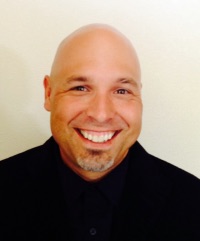
Kelly Knedler has been both a public and private school teacher in choral music and musical theatre for 30 years. He currently teaches at Republic County Schools in Belleville, Kansas. He serves as the Advocacy and Government Relations Chairperson for KMEA.

